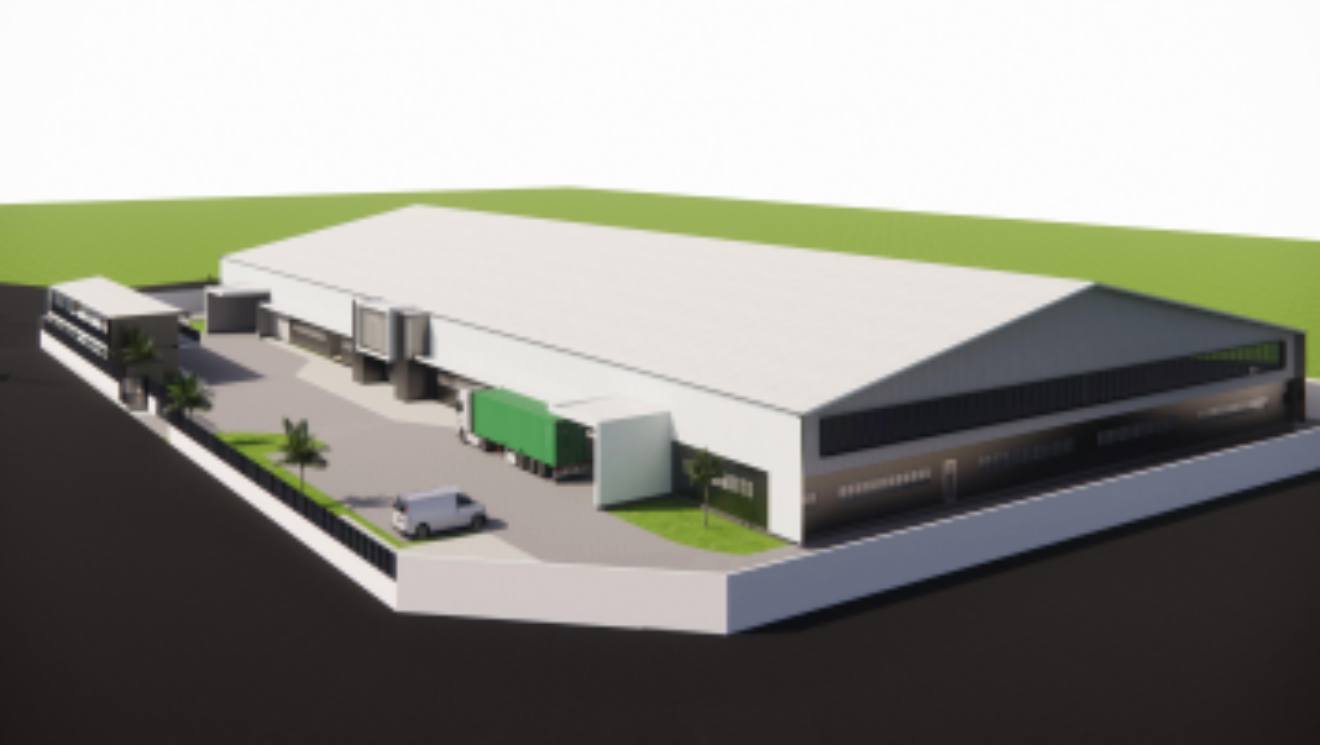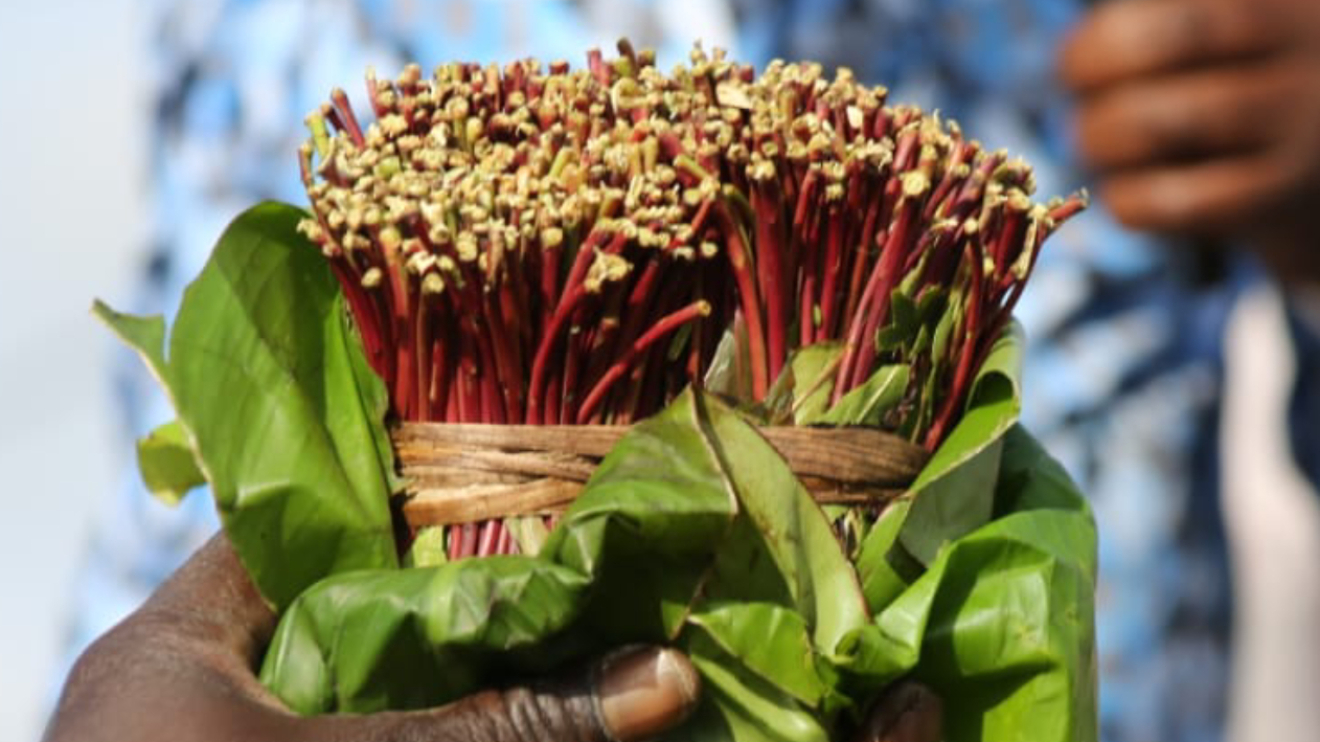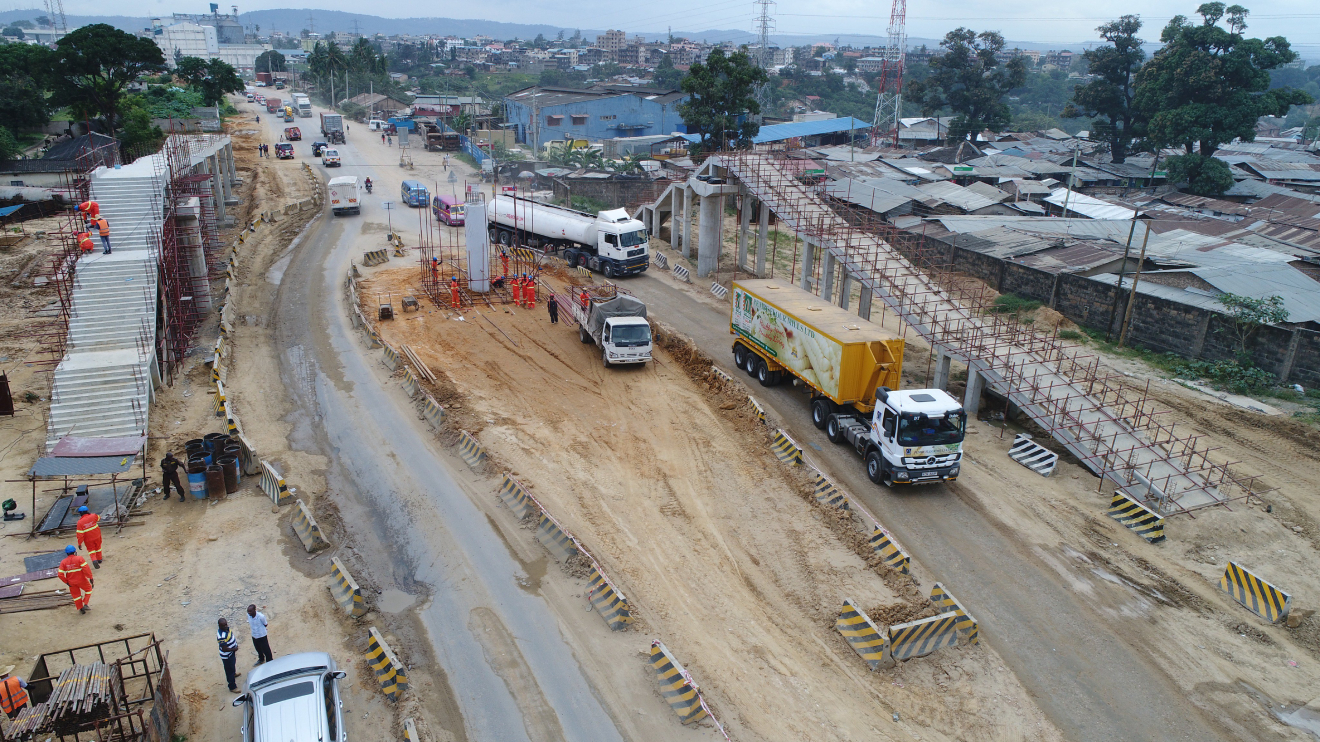Kenya marks a significant stride towards sustainable industrialization as the world's inaugural green industrial garment factory takes shape in Athi River EPZ.
This groundbreaking venture, backed by a $530,000 grant from the United States Agency for International Development (USAID) and a $1.3 million loan from Trade Catalyst Africa (TCA), promises to revolutionize textile manufacturing while championing environmental conservation.
Situated on a sprawling 5,000 square meters, the forthcoming facility stands as a testament to innovative construction methodologies, utilizing upcycled containers to erect the structure.
Scheduled for completion by December 2024, the factory embodies a paradigm shift towards sustainable industrial design.
By harnessing solar energy and implementing rainwater harvesting systems, the eco-friendly centre anticipates saving a remarkable 18 tons of CO2 annually and conserving 1,000 cubic meters of water.
Read More
Such initiatives underscore the potential for sustainability within industrial frameworks.
In partnership with Modular Real Estate EPZ Limited (MODULAR), a subsidiary of Container Technology Limited (CONTECH), the project signifies a collaborative effort towards fostering scalable and eco-conscious industrial spaces.
Duncan Onyango, CEO of Trade Catalyst Africa, articulates the venture's significance, stating, "This investment presents a great opportunity to build scalable and sustainable industrial space for garment manufacturing and symbolizes our dedication to environmental stewardship."
With a steadfast commitment to sustainability, the endeavour not only elevates Kenya's industrial landscape but also bolsters its global competitiveness.
Naeem Pasta, CEO of Modular Real Estate EPZ, emphasizes the project's dual purpose of economic growth and environmental stewardship, asserting, "This project showcases how innovative thinking and environmental responsibility can coexist, leading to economic growth and a healthier planet."
Kenya's textile industry, valued at approximately US$1.5 trillion, stands to benefit significantly from this green initiative.
By embracing eco-friendly manufacturing practices, the nation aims to enhance its position in the global market while catalyzing job creation, particularly for women.
This strategic move aligns with Kenya's vision of becoming a newly industrializing, middle-income country, propelling sustainable development agendas to the forefront.
The significance of this endeavour extends beyond economic growth, serving as a beacon of hope for sustainable industrial practices globally.
By setting a precedent for green manufacturing, Kenya emerges as a model for nations striving towards environmental conservation and sustainable development.
The establishment of the world's first green industrial garment factory heralds a new era of eco-conscious manufacturing, epitomizing Kenya's commitment to sustainability and economic prosperity.









